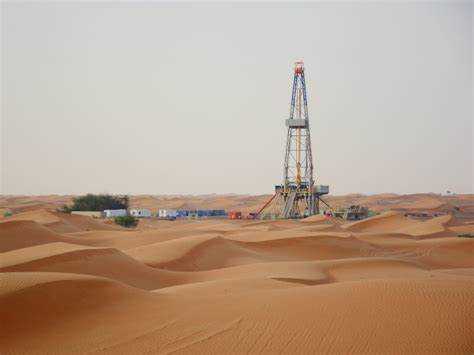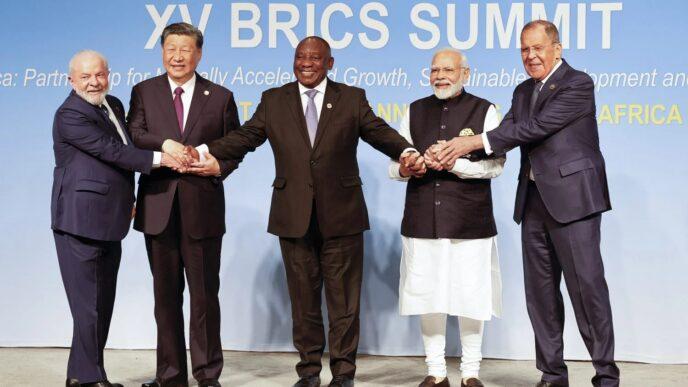This week, the General Petroleum Company (GPC) announced a new oil and gas discovery in the Western Desert of Egypt’s Abu Sennan fields. The Ministry of Petroleum and Mineral Resources said the newly discovered GPR-1X well has shown promising potential in preliminary tests. The well is currently undergoing production testing and has produced up to 1,400 barrels of crude oil and about 1 million cubic feet of natural gas per day so far, officials said on Sunday.
GPC Chairman Mohamed Abdel Meguid stated that the preliminary findings indicate “positive hydrocarbon indicators” and calculated that the discovery might increase Egypt’s oil production by more than 2 million barrels of recoverable oil reserves. The finding strengthens the region’s importance in Egypt’s upstream energy plan and is the second successful find in Abu Sennan in as short a time as three months.
The timing of the discovery is critical. According to reports, Egypt’s daily production of natural gas has decreased to 4.1 billion cubic feet, while domestic demand has risen to over 6 billion cubic feet, mostly due to the country’s energy industry, which uses around 60% of its gas.

In order to preserve adequate capacity for electricity generation, Prime Minister Mostafa Madbouly announced intentions to quadruple the nation’s fuel oil reserves.
Egypt is now positioned to deliver 2.25 billion cubic feet of gas per day, which could help close the supply-demand imbalance when combined with output from an existing production plant.
The Ministry of Petroleum’s overarching plan to increase domestic energy production and lessen reliance on imports is supported by the latest find. Additionally, it shows a renewed dedication to boosting exploration and production spending as well as reviving established fields.
As Egypt continues to balance its energy needs with economic stability and technological innovation, discoveries like GPR-1X offer a vital source of relief and momentum for its energy ambitions.














